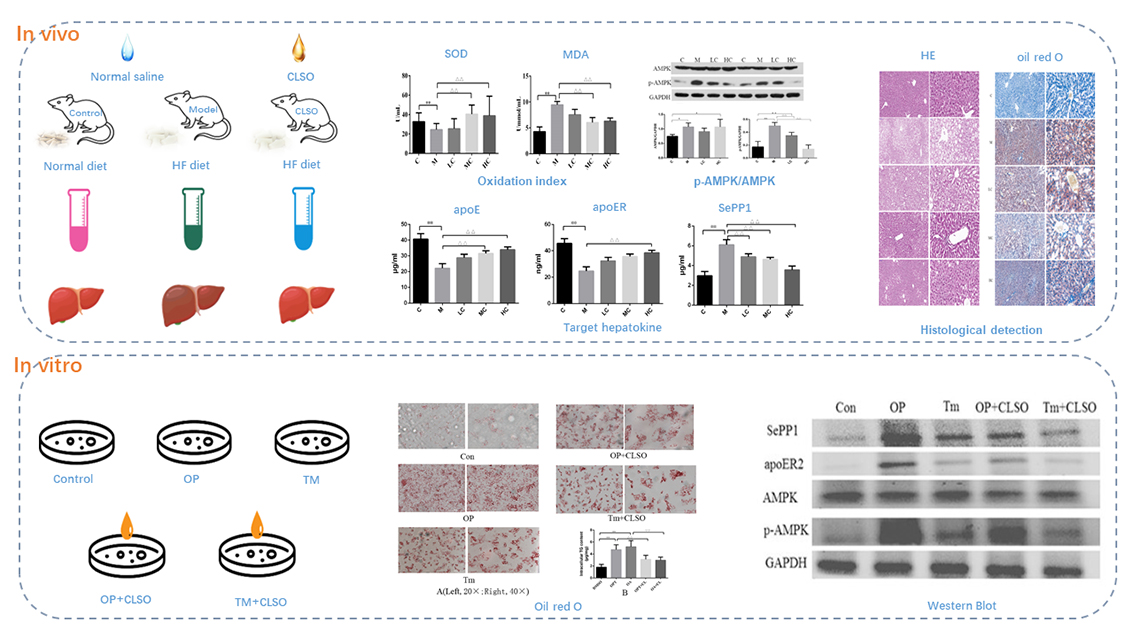- J-STAGE home
- /
- Journal of Oleo Science
- /
- Volume 70 (2021) Issue 5
- /
- Article overview
-
Liangzhen Gu
Shandong University of Traditional Chinese Medicine
-
Yanan Zhang
Shandong University of Traditional Chinese Medicine Shandong Provincial Chinese Medicine Classical Prescription Demonstration Engineering Technology Research Center
-
Shuang Zhang
Shandong University of Traditional Chinese Medicine
-
Haijun Zhao
Shandong University of Traditional Chinese Medicine Shandong Co-Innovation Center of Classic TCM formula, Shandong University of Traditional Chinese Medicine
-
Yuan Wang
Shandong University of Traditional Chinese Medicine Shandong Co-Innovation Center of Classic TCM formula, Shandong University of Traditional Chinese Medicine
-
Dongfang Kan
Shandong University of Traditional Chinese Medicine
-
Yimin Zhang
Shandong University of Traditional Chinese Medicine Shandong Provincial Chinese Medicine Classical Prescription Demonstration Engineering Technology Research Center
-
Liangqing Guo
Department of Endocrinology, Affiliated Hospital of Shandong University of Traditional Chinese Medicine
-
Jiajian Lv
Shandong University of Traditional Chinese Medicine
-
Qian Hao
Shandong University of Traditional Chinese Medicine
-
Xu Tian
Shandong University of Traditional Chinese Medicine
-
Changhong Liu
Department of Gastroenterology, Shandong Provincial Qianfoshan Hospital, the First Hospital Affiliated with Shandong First Medical University
-
ShiJun Wang
Shandong University of Traditional Chinese Medicine Shandong Co-Innovation Center of Classic TCM formula, Shandong University of Traditional Chinese Medicine Shandong Provincial Chinese Medicine Classical Prescription Demonstration Engineering Technology Research Center
-
Xiaochun Han
Shandong University of Traditional Chinese Medicine Shandong Co-Innovation Center of Classic TCM formula, Shandong University of Traditional Chinese Medicine
Supplementary material
2021 Volume 70 Issue 5 Pages 685-696
- Published: 2021 Received: September 12, 2020 Released on J-STAGE: May 01, 2021 Accepted: February 08, 2021 Advance online publication: April 12, 2021 Revised: -
(compatible with EndNote, Reference Manager, ProCite, RefWorks)
(compatible with BibDesk, LaTeX)



